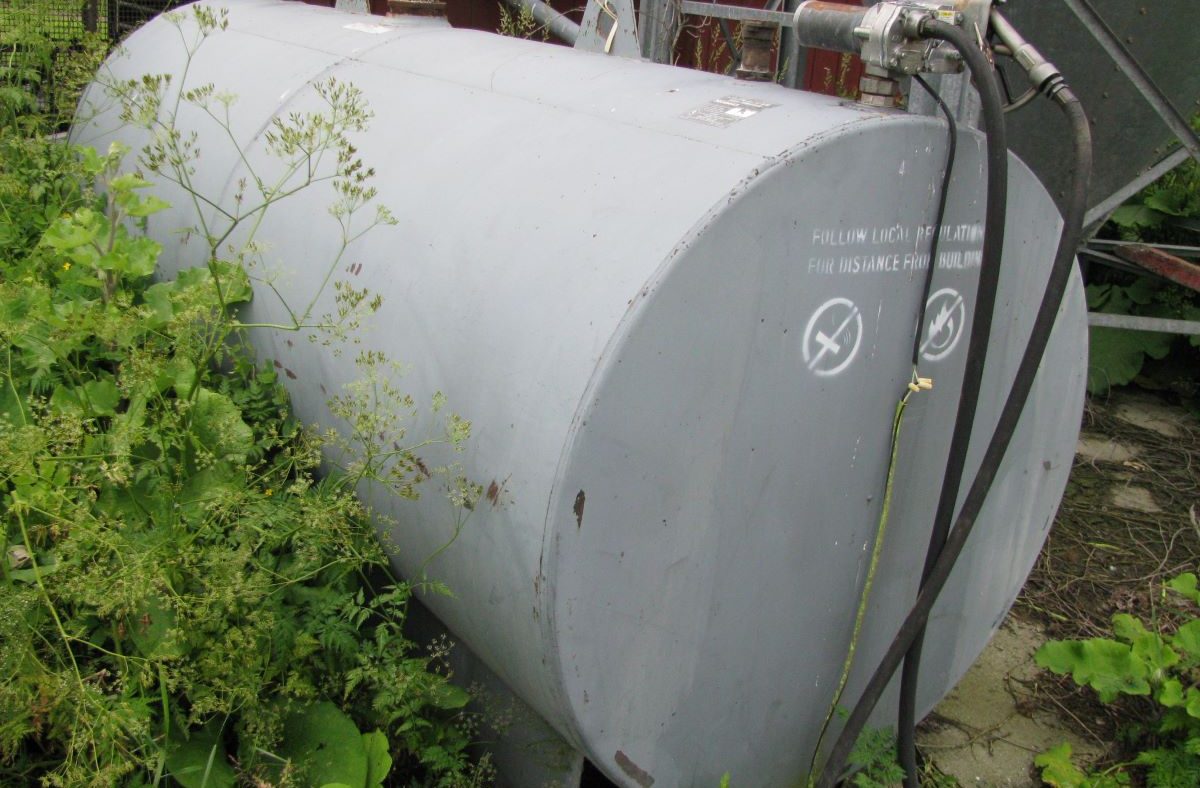Spill Prevention, Control, and Countermeasures (SPCC) Plans are required in all 50 states under §311 of the Clean Water Act (CWA). The SPCC Plan includes information about oil storage at a facility, including spill prevention practices, and provides guidelines for spill response and containment.
Where are Spill Prevention, Control, and Countermeasures (SPCC) Plans required?
SPCC plans are required at facilities with oil storage capacity greater than 1,320-gallons (abovegrade storage in containers of 55-gallons or above) or 42,000-gallons (belowgrade) where there is a reasonable expectation of a potential oil discharge to the navigable waters of the United States. Plans may be required at a wide variety of facilities, including automotive maintenance shops, food processing plants, oil storage depots, airport fueling facilities, facilities with diesel storage for emergency generators, and even colleges and universities. Larger facilities may need a Facility Response Plan (FRP) in addition to the SPCC Plan which includes response to a worst case oil discharge or threat of a discharge.
SPCC plans include secondary containment requirements, facility inspections and recordkeeping requirements, procedures for oil transfers, and personnel training requirements.
Certain facilities may be able to self-certify their SPCC plan if they meet certain requirements regarding oil storage capacity and previous spills. If the facility does not meet these requirements, the plan must be certified by a licensed Professional Engineer (PE).
Spill Prevention, Control, and Countermeasures (SPCC) Plan Requirements
- SPCC plans need to include all oils stored at a property, not just petroleum-based oils. This means that sites with food-grade oils such as soybean oil in containers of 55-gallons or greater may need to maintain SPCC plans.
- SPCC plans may also need to include equipment, such as hydraulic presses or pad-mounted transformers if the oil storage capacity of the equipment is greater than 55-gallons.
- The need for an SPCC plan is judged by potential storage capacity, not actual storage. A site with three 500-gallon oil storage ASTs will still need an SPCC plan, even if one of them is out of use.
How Can VERTEX Help?
VERTEX performs SPCC Compliance investigations as part of facility inspections. The investigations are typically initiated at but not limited to:
- at Due Diligence during property acquisition;
- at the request of an existing facility who may need a new or updated SPCC;
- following changes, modifications, upgrades to an existing facility; or
- prior to or following the construction of a new facility.
Furthermore, should the VERTEX investigation indicate an SPCC is not required, VERTEX can provide facility owners with a summary letter for their records that includes the assessment and calculations demonstrating that an SPCC is not required.
To learn more about VERTEX’s Environmental Consulting services or to speak with an Environmental Expert, call 888.298.5162 or submit an inquiry.




